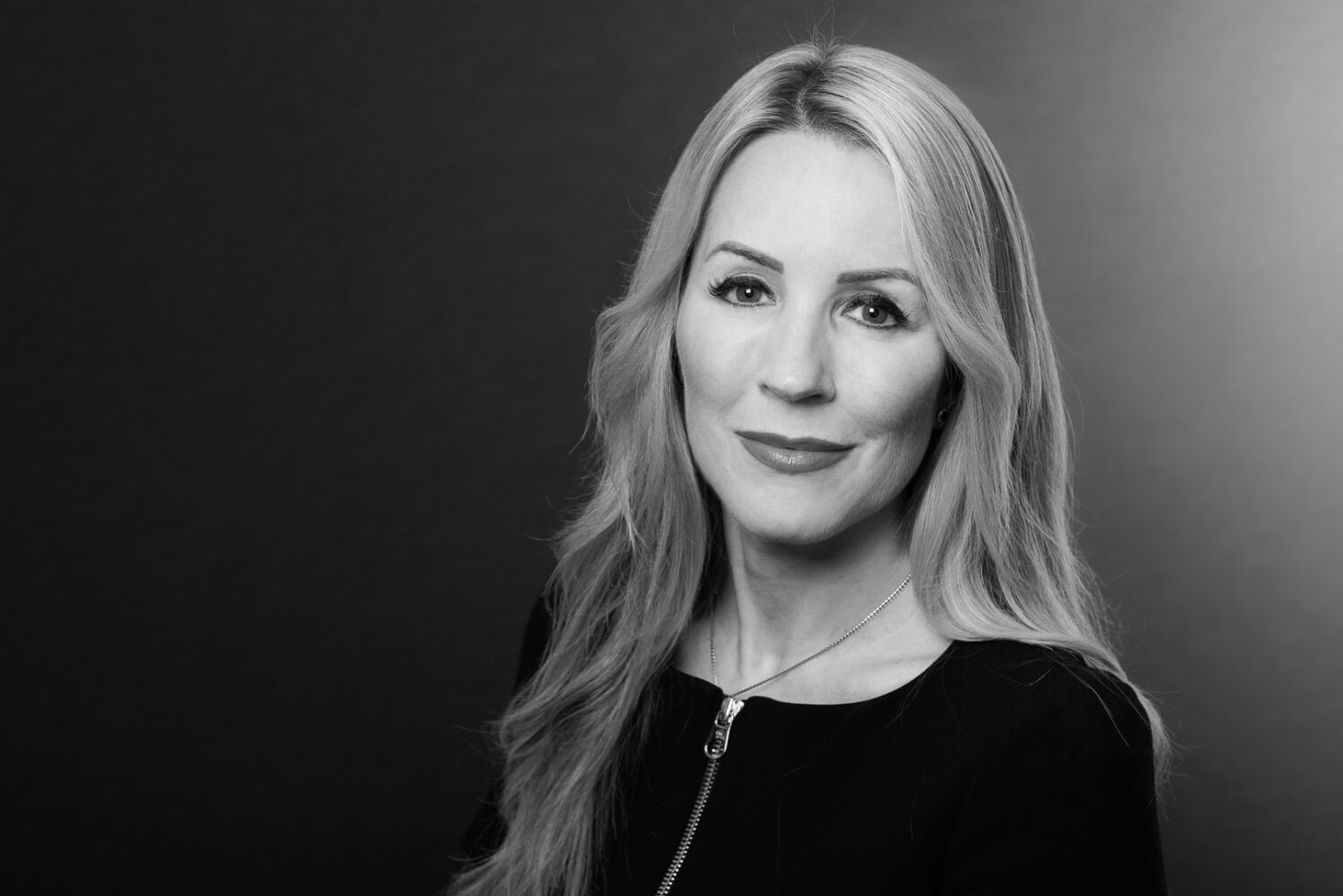
Late last year, my colleague David Jerrard wrote how, amid economic uncertainty, bridge lending provides much-needed financial support to developers in circumstances where the real estate asset is not yet generating income. This could be either pre-construction (providing financial support during the complex, and often long process of discharging planning conditions and completing the tendering process) or post-construction (providing a bridge to sales or a lease up and stabilisation term loan on an operating asset). For us, it is a prime example of how non-bank lenders are able to adapt and respond much faster than traditional banks to the needs of developers.
As we spend more time looking at opportunities to deploy capital through bridging loans, we are increasingly thinking about how these loans can promote a more sustainable built environment in the same way our conventional development loans do.
Environmental and social stewardship has been embedded into our values and business strategy at Precede from the very beginning. We became a certified B Corp in December and recently delivered our first Green Loan – a £105.2m whole-loan provided in partnership with QuadReal Property Group to fund the development of The Castle, a studio BTR scheme in North Acton.
Not only do we feel a strong sense of duty to deliver a more sustainable built environment, but the reality is that for our investors (including a number of Article 8 or 9 funds) and our other stakeholders, it is a requirement. Under the Sustainable Finance Disclosure Regulation (SFDR), Article 8 funds promote environmental or social characteristics while Article 9 funds are even stricter and have sustainable investment as their core objective.
With green development loans which fund the start of an asset’s life, the financing provided is directly funnelled into the construction of essential, responsibly built new homes. Embodied carbon emissions can be reduced from the outset with more energy-efficient methods of construction, such as MMC or utilising low-carbon construction materials. Ultimately, when it comes to development loans, it is relatively straightforward to determine the social and environmental value.
On the other hand, quantifying the environmental and social value created by a bridge loan for a standing asset is more nuanced. At Precede, we believe the key for lenders and borrowers alike is to recognise that a building’s lifecycle extends well beyond the construction phase. Whether it be capital expenditures like funding planning modifications with stronger environmental and social benefits, optimising existing electricity systems, carrying out complex retrofits and harnessing renewable energy, or ongoing operational costs to keep a building running optimally, such as automation systems and energy monitoring and management, there is often a huge amount of work that needs to be done to ensure these buildings remain sustainable and operating in line with the legislative landscape.
Non-bank lenders like us are uniquely well-placed to provide bridge loans that improve and maintain the sustainability of standing assets. Compared to a traditional bank, we are less encumbered by bureaucracy and have more flexible mandates, allowing us to pivot quickly and provide highly bespoke financing solutions. With bridge loans specifically, we can work with our borrowers and funding partners to agree on robust but fair environmental and social targets for their assets. Indeed, with the assistance of Longevity Partners, our sustainability advisor, Precede is in the process of developing an ESG-focused value scorecard which will help us set these targets and evaluate the sustainability performance of an asset over time.
The built environment has a unique role to play in tackling climate change and creating positive social value. Providing bridging loans with an environmental and social focus is yet another example of how non-bank lenders can support the creation of a truly sustainable real estate sector. As private lenders, we can support residential developers and asset owners to make the most responsible choices possible at every stage of a building’s lifecycle.

















